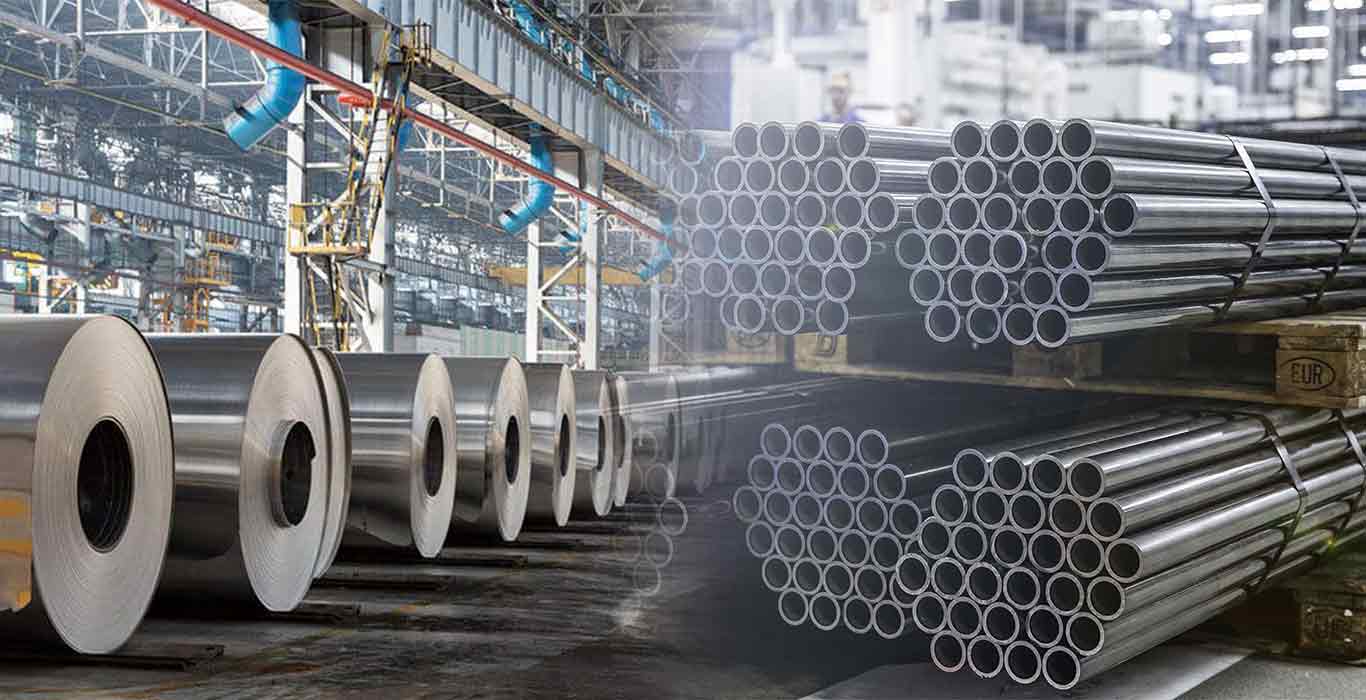Welcome To ChemAnalyst

Preliminary figures released by the German Steel Association on Tuesday reveal a 4 percent year-on-year decline in crude steel production for Germany in 2023, totaling 35.5 million tonnes. The industry attributes this downturn to the ongoing energy crisis and a sluggish economy. Described as one of the "weakest years in terms of production," 2023 follows an 8 percent slump in 2022, marking the lowest production levels since the financial crisis in 2009.
The German Steel Association's managing director, Kerstin Maria Rippel, expressed concern over the extended negative cycle, stating, "Steel production is currently in free fall." She noted that such a prolonged downturn has not been observed in Germany before, emphasizing the gravity of the situation.
Among the branches affected, electric steelmaking, known for its high energy intensity, experienced a notable 11 percent decline, reaching a record low of 10.1 million tonnes. This decline further underscores the challenges faced by the industry in the current economic climate.
Thyssenkrupp, a prominent German steel producer, reported a significant net loss of 2 billion euros (2.2 billion U.S. dollars) in fiscal 2022-2023. This stark contrast follows a profitable previous year, where the company recorded a 1.2 billion euro profit. The company attributed these losses to necessary write-downs in its steel business, driven by increased capital costs, economic recession, and "structural changes specific to the steel industry."
In the larger context of Germany's ongoing energy transition, the steel industry is actively working towards becoming CO2-neutral by 2045, aiming to save one-third of the country's industrial greenhouse gas emissions. As part of this green transformation, the Ministry for Economic Affairs and Climate Action (BMWK) announced substantial support for the steel industry in the federal state of Saarland. A financial injection of approximately 2.6 billion euros is earmarked for the industry by 2027.
In the initial phase, participating companies in Saarland will redirect about two-thirds of their production from coal-based blast furnace production to hydrogen-based steel production, aligning with Germany's broader commitment to sustainable practices and reduced carbon emissions. This strategic shift is part of a broader effort to drive innovation and transition toward environmentally friendly processes within the steel sector.
The challenges faced by the German steel industry underscore the multifaceted impacts of the energy crisis and economic uncertainties. As the sector navigates these challenges, the financial support from the Ministry for Economic Affairs and Climate Action reflects the commitment to fostering sustainable practices and fostering the industry's resilience in the face of evolving global dynamics. The coming years will likely see a continued focus on innovation and greener technologies as the German steel industry strives to rebound from the current downturn and contribute to a more sustainable industrial landscape.
We use cookies to deliver the best possible experience on our website. To learn more, visit our Privacy Policy. By continuing to use this site or by closing this box, you consent to our use of cookies. More info.
